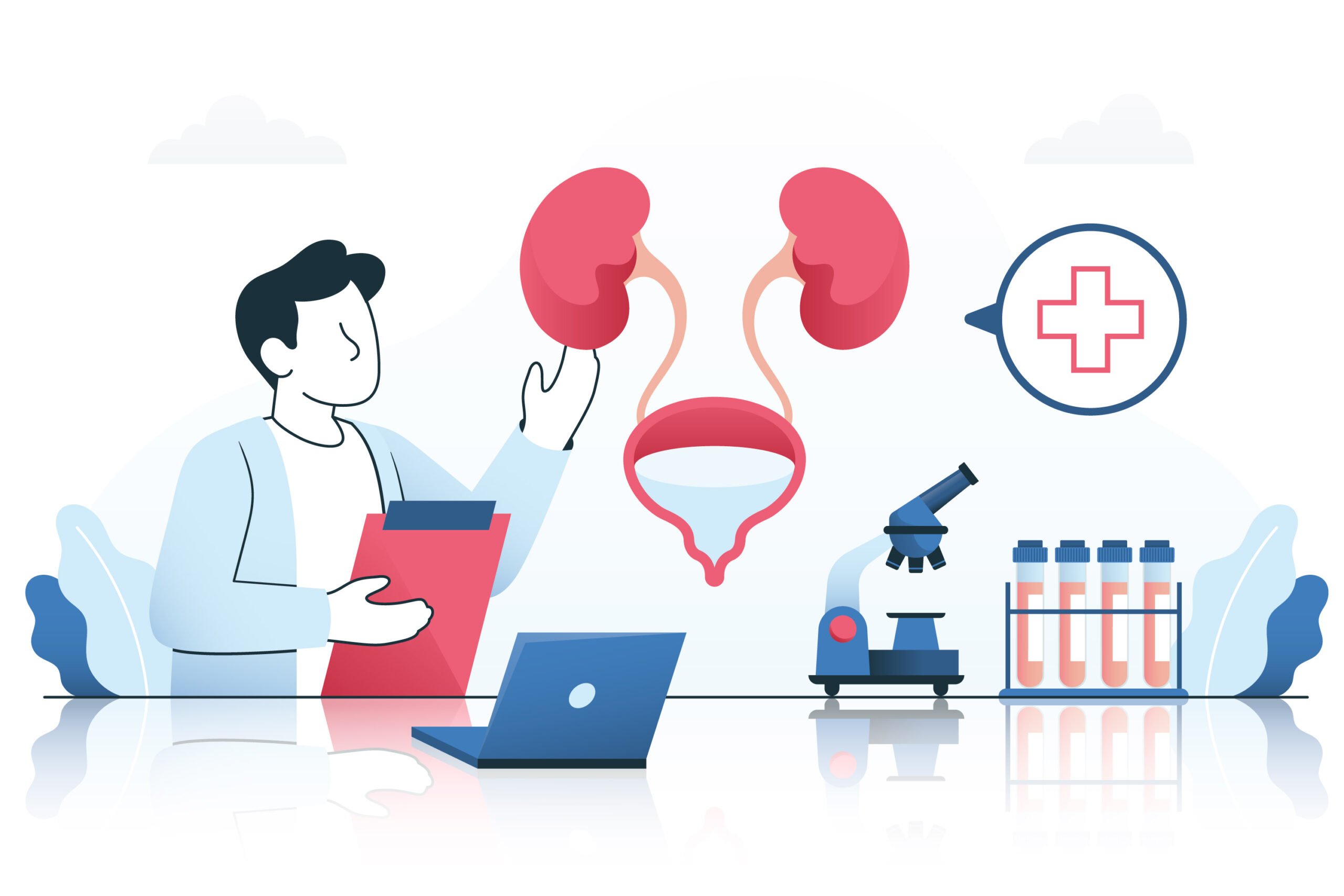Cancer Types
Testicular Cancer
Testicular cancer is a type of cancer that originates in the testicles, the male reproductive glands located within the scrotum. It primarily affects young and middle-aged men and is considered one of the most curable forms of cancer.



Risk Factors & Prevention
Screening & Symptoms


Diagnosis & Stages
Treatment Modalities & Coping Treatment:


Do's & Don'ts During Treatment

Post Treatment Support, Followup Care and Surveillance :
FAQ
Frequently Asked Questions
While some risk factors are beyond control, regular self-examinations and prompt medical attention for any abnormalities can aid in early detection.
The overall survival rate is high, especially when detected and treated early. Survival rates vary based on factors such as stage and type of cancer.
Diagnosis involves a combination of physical examinations, ultrasound, blood tests, and biopsy if necessary.
Side effects vary depending on the treatment modality but may include nausea, fatigue, and fertility issues. Your healthcare team will discuss potential side effects before starting treatment.
Some treatments may impact fertility. Discuss fertility preservation options with your healthcare team before starting treatment.
The duration of treatment varies based on the type and stage of cancer. It may range from several weeks to months.
While family history can be a risk factor, most cases of testicular cancer are not hereditary. Genetic counseling may be considered for those with a family history of the disease.

